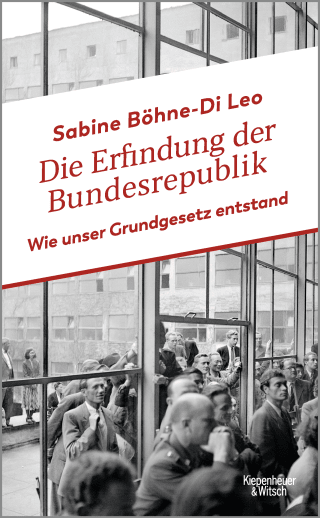In the summer of 1948, major decisions need to be made in Germany. The Western Allies commission 65 men and women to draw up a constitution. Months of passionate discussions begin, teeming with arguments, deceptions, and dreams. This new country: what should it be like?
Shortly after a new currency is introduced in the three Western zones in the early summer of 1948, the Soviet Union seals off West Berlin: the city is blockaded. The US decides to provide for two million people from the air and sends out "raisin bombers" to feed the besieged population.
While everything is hanging in the balance in Berlin, the Parliamentary Council meets in Bonn: 61 men and 4 women are tasked with writing a constitution - and everything is at stake: How can there be a constitution without the Eastern zone? Where should the capital be? And what lessons can be learned from the Nazi past?
Sabine Böhne-Di Leo takes us on a fascinating journey back in time to 1948/49, vividly describing everyday life between the rubble and potato fields, analyzing the interests of the world powers, and recounting how the right to freedom of expression and asylum found their way into the German Constitution – and why equal rights for men and women were only incorporated at the last minute.


